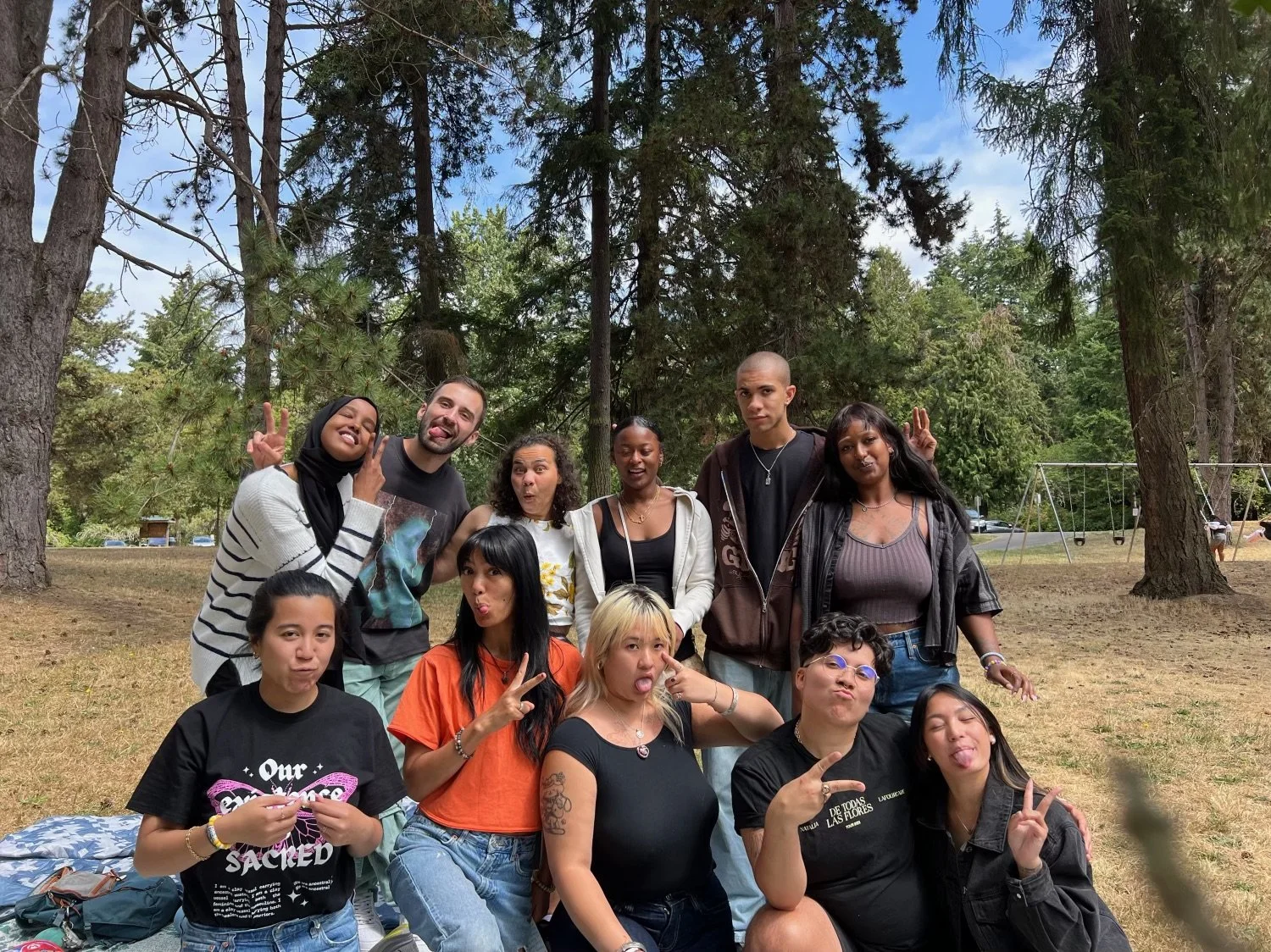Freedom Schools Wrapped!
Y’all the reviews are in and this summer’s iteration of Freedom Schools was everything! We could not have had such a successful run without the brilliant educators, support staff, financial and material donors, bus drivers, families, and scholars that make up our community. Thank you to every single person who helped us put together another year of programming for Rainier Beach youth.
Here are some highlights that we would like to share with you!
By The Numbers
Over the course of our five week program for 51 K-5th grade scholars, we spent an estimated 60 hours on critical literacy activities (analyzing, writing, questioning, wondering!), 40 hours on enrichment activities (biking, painting, cooking, engineering!), 600 minutes on independent reading (board books, comic books, chapter books, graphic novels!), and 540,000 seconds on building a joyful space for learning and community (games, laughter, music, friendship bracelets!).
And all of these minutes added up to encouraging gains in scholar academic skills! MAP test scores from the end of the academic year indicated that 85% of our scholars were below 70th percentile in reading, with the majority of those scores averaging in the 31st percentile. After participating in Freedom Schools for 5 weeks our scholars maintained or increased their reading levels–not a single one experienced summer learning loss. We performed Fountas and Pinnell comprehension assessments on the first and last weeks of the program: 100% of our scholars maintained their reading level, and over half (65%) of our students’ reading levels increased–35% by 1 level and another 30% by 2 levels.
A Look at Our Library
Our booklist featured authors like Amanda Gorman, Derrick Barnes, and Joanna Ho, and titles like Lula Loves Injera, The Artivist, and Homeland: My Father Dreams of Palestine. We loved everything that we read, though books weren’t the only sources of information and inspiration this summer! We also learned from articles on Palestine (revealing the bias in news headlines and the importance of strong media literacy), our cultures (drawing on the culinary traditions of our families and everything that goes into our favorite foods), poems (dissecting pieces like “Allowables” by Nikki Giovanni to engage with power and police brutality), and our communities (creating care maps that led us to reflect on who our people are, why they are our people, and how we are interconnected).
Powerful Little People
Our classes were full of visionaries and change-makers; scholars crafted images of the most beautiful freedom dreams and strengthened their civic engagement muscles. They sent letters to Bruce Harrell, Seattle’s mayor, advocating for lower rent, gun control, and less expensive food. They investigated a stretch of Rainier Ave, conducting their own resource evaluation and identifying ways that the neighborhood could become an even better place to live (safe places to play, a pool for hot days, and more).
And, of course, their biggest change-making project culminated in the Day of Social Action. This year scholars chose familiar areas of focus: gun violence, homelessness, and pollution. A little moment of transparency–we don’t steer them toward any specific direction when we ask what issues they want to center. They choose, every time. The youth are the truth; they know what’s up. If you haven’t checked out the video summary on our Instagram you really should. It’s the story of the day, told by our scholars in their own voices.
The Future of Freedom Schools
Youth leadership didn’t live solely with the young program participants. This year we brought back the intern program with a slight twist: we offered the intern roles to middle schoolers who had been involved with Freedom Schools for multiple summers! Not only were they incredibly knowledgeable about the program, they had strong pre-existing relationships with the scholars, tons of conflict resolution and emotional regulation skills, and outstanding leadership traits that only grew clearer over the 5 weeks they were with us. Some co-led lessons with their educators, others coordinated and emcee’d our Day of Social Action, and others co-kept community building circles. These young people are the future showrunners of Freedom Schools!
Getting Real, Getting Reflective
The WA-BLOC team could talk for ages about what we think makes Freedom Schools special, but you don’t have to take it from us. Here are some takeaways from the incredible young Black and brown college-aged leaders who joined our staff this summer.
“Freedom Schools impacts how scholars view themselves and their community. At this school we identify the broken aspects of our community, but back it up with restorative efforts. There is no discussion about gun violence without developing ideas on how to prevent it. Scholars are taught to not stop at the problem, but to go after the solution.”
“I feel like Freedom Schools mends the broken relationships between Black and brown students and educators. [...] Scholars experience love in its wholeness, completely absent of judgment.”
“Freedom Schools provides so much joy for scholars. When people think of restorative justice practices, they think of this really big and complex thing, [but…] the foundation of restorative justice is [...] building true community and true relationships. Scholars see that they are loved, heard, and cared for. I think that is something so many of them may not always feel during a regular school year, so to be able to experience that in a school setting that is not the "norm" but should be is powerful because they get to see first hand what schools could be like.”
“The environment that FS creates allows scholars to think beyond the expectations of our world which tell young people that they do not have the ability to make change. There is material importance in the teaching of Palestine, wealth inequality, gentrification, and Black culture, especially in such a time of repression with book banning, cultural genocide, and a political war against children.”
“That’s why this works [...] we have the same goal, we all want the next generation of children to be happy and safe and enjoy themselves and learn. Growing up I hated going to school but at Freedom School kids taught me that they love this program so much that they just want to keep on doing this. We all cried so much when the program ended. It made my heart so sad but also made my heart so happy because we fulfilled our mission and now they have a space where they can always be them.”






